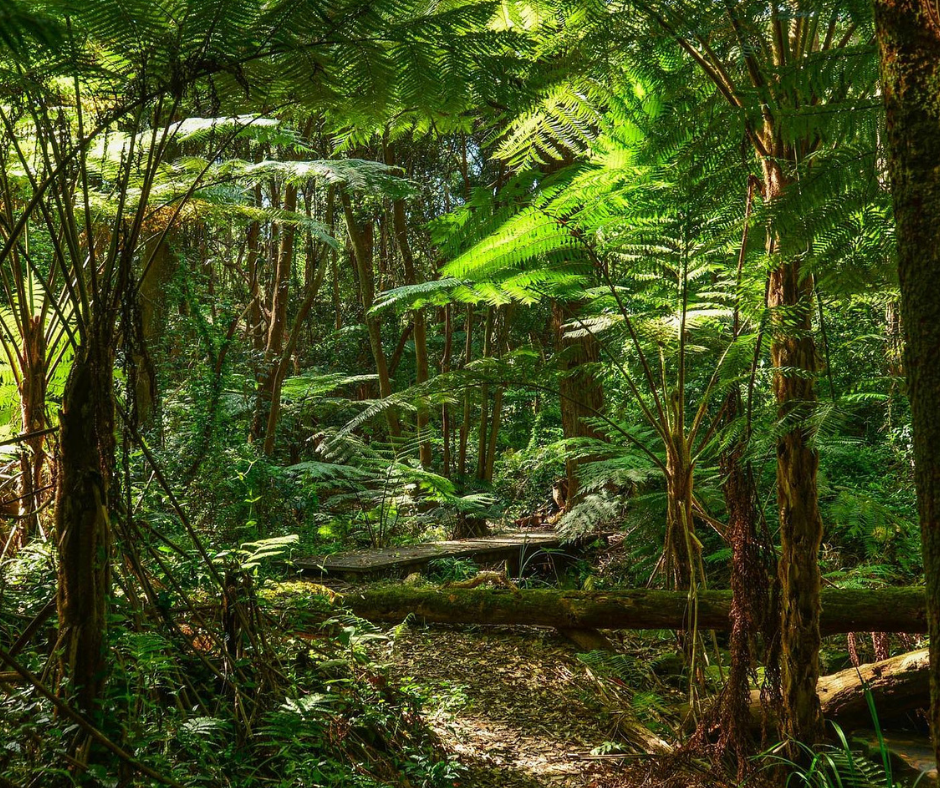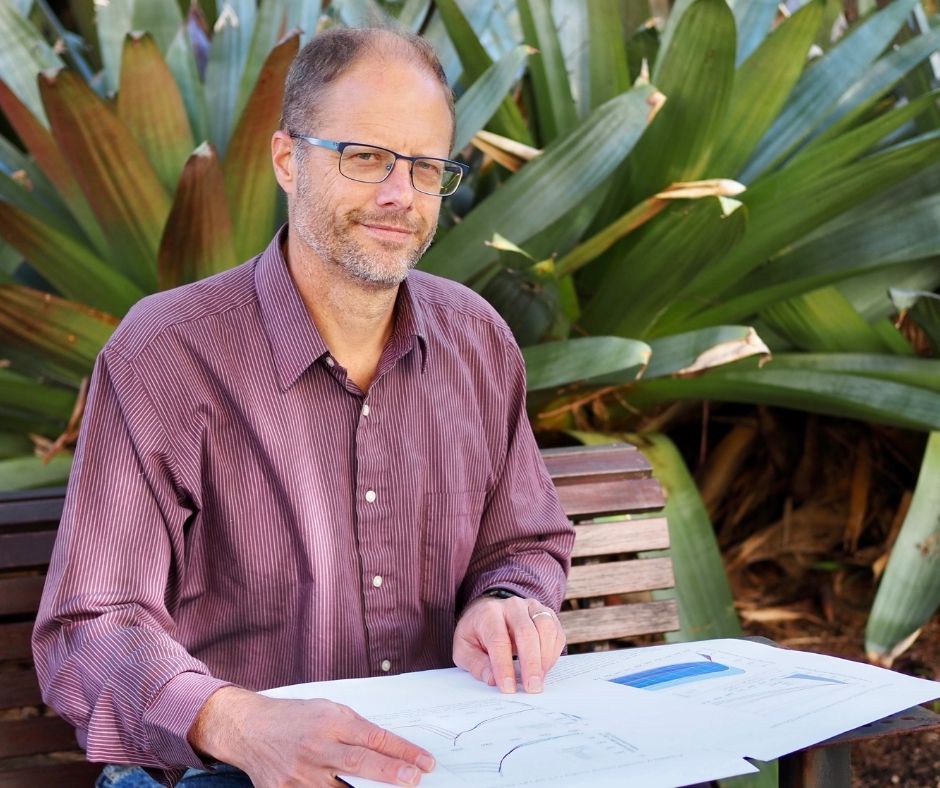The science behind climate extremes is fascinating and diverse.
Our experts love to share their work with the media, websites like The Conversation and here at climateextremes.org.au – here’s some of their latest articles.
Note: sometimes we also share work and articles from researchers and organisations not directly affiliated or funded by our Centre. We love to share interesting work done by others in our field. If you’d like to share or adapt our work, please get in touch – email clex@unsw.edu.au
-
Why is it so cold right now? And how long will it last? A climate scientist explains

Australia may see more cold spells than normal in winter 2022.
-
Planetary waves, cut-off lows and blocking highs: what’s behind record floods across the Southern Hemisphere?

Global warming is likely to lead to more intense rainfall because warmer air can hold more moisture.
-
“We must invest in the next generation of climate science leaders”

Over 50 emerging climate scientists head to Canberra
-
Climate change is killing trees in Queensland’s tropical rainforests

Climate change is making the air ‘thirstier’, taking more water from trees by evaporation.
-
New data challenges “time we have left” and the carbon budget

The “climate gamble” grows every year, but we still have time
-
Video: Climate Science – what it is, why it matters and what it tells us

What is climate science? Why does climate science matter? What does climate science tell us?
